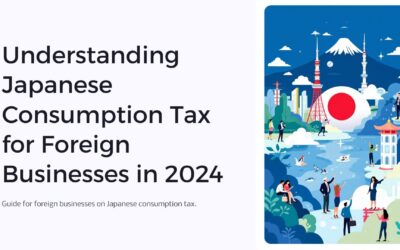The Tokyo National Tax Agency recently made headlines by ordering Apple Japan to pay a staggering 14 billion yen in consumption tax. This decision came after the tech giant was identified for transactions that involved reselling items that were initially purchased tax-free.
The Investigation
Between 2019 and 2021, the National Tax Agency conducted a thorough investigation, revealing that Apple Japan’s sales, amounting to approximately 140 billion yen, were not eligible for tax exemption. To put this into perspective, considering a 10% tax rate, the sales amount translates to about 1,400 billion yen. This vast sum equates to the sales of nearly one million iPhone units, especially significant when considering they sold 3,000 million units over two years in Japan.
The Magnitude of the Evasion
This case is the most significant instance of tax evasion related to tax-free sales. Investigations revealed that Chinese tourists were at the forefront, purchasing hundreds of iPhones for resale. Moreover, specific individuals took to social media, enticing tourists to buy and resell tax-free items in exchange for a fee.
In response to the controversy, Apple Japan ceased tax-free sales in its Japanese outlets and issued a public apology for the inconvenience caused. However, the tax agency’s probe suggests this might be the tip of the iceberg, with several other companies potentially involved in similar tax evasions. The allure of lower-priced products has seemingly incentivized tourists to buy tax-free items for resale in Japan more than in other countries.
The Way Forward
The Apple Japan incident underscores the pressing need for the Japanese government and tax authorities to bolster regulations and enforcement mechanisms surrounding tax evasion and the misuse of tax exemptions. Potential measures could include:
– Enhanced monitoring of retail store transactions.
– Stricter penalties for tax fraud.
– Improved collaboration with international tax authorities.
Conclusion
The Apple Japan tax evasion case highlights the complexities of regulating a global economy. It underscores the importance of fostering cooperation and transparency between nations to promote ethical business practices. A potential solution could be to modify the system, allowing tourists to receive refunds upon departure from Japan rather than at the point of purchase. This change could mitigate the chances of such large-scale tax evasion.




